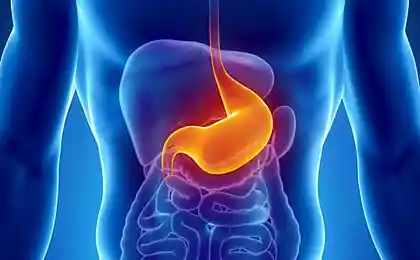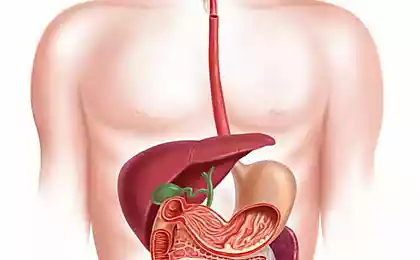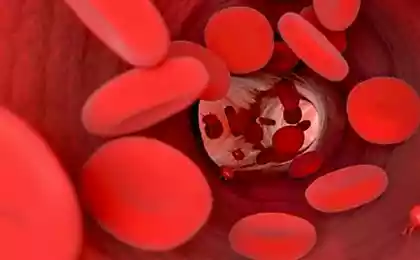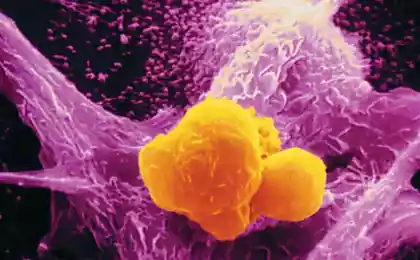187
Why are we farting?

A topic that is not common to talk about in public, but which affects everyone is gas, or, more simply, fart. Faced with this question, many people feel uncomfortable not knowing how to explain this natural process. However, despite its intimacy, the release of gases is an absolutely normal physiological function of the body, which plays an important role in maintaining health. In this article, we’ll talk about what happens in our body when we fart, and why it’s important for the body to function properly.
Ecology of Life: What Happens in Our Body?
We all fart, and this is a natural part of the digestive system. The process of gas formation begins in the stomach and intestines, where food is digested using various enzymes and bacteria. In the process of processing food in the intestine, gases such as carbon dioxide, methane, hydrogen and others are released, which are eventually excreted. This occurs through the rectum, and throughout a person’s life these gases are regularly excreted from the body.
512590
The reasons we fart
1. Digestion
The most obvious cause of farting is the normal functioning of the digestive system. When food is digested in the stomach and intestines, various microorganisms and enzymes create gases. This process is especially active when digesting carbohydrates such as legumes, cabbage or carbonated drinks. With insufficient digestion of food or rapid absorption of food, more gases are formed during fermentation in the intestine.
2. Gas-causing products
Some products contribute to the formation of more gases. These are primarily foods containing high levels of fiber, such as legumes (beans, lentils), cabbage, broccoli and certain fruits. These products can be difficult to digest for the body, which increases the amount of gases formed during their digestion. Also, carbonated drinks such as soda and beer can increase the amount of gas in the stomach.
3. Violations in the work of the intestine
Disturbances in the bowel, such as irritable bowel syndrome (IBS) or dysbiosis, can increase the formation of gases. In these conditions, the intestine may have difficulty digesting food normally, leading to excessive accumulation of gases. Also, with an incorrect balance of bacteria in the intestine, excessive fermentation of food occurs, which can cause flatulence.
4. Swallowing air
Sometimes gases are formed not because of digestion, but because of the swallowing of air, which is called aerophagy. This can happen when we eat or drink too fast, talk while eating, or chew gum. Swallowed air can accumulate in the stomach and intestines, causing gas formation, which eventually comes out.
5. Psychological factors
The psychological aspect also plays a role in the formation of gases. Stress, anxiety and nervousness can affect the work of the gastrointestinal tract. When a person is tense or anxious, the muscles responsible for digesting food may function inefficiently, leading to a buildup of gases. The emotional state can also increase the sensitivity of the intestine, making farting more noticeable.
When does farting become a problem?
Although farting is a natural process, excessive or painful gas formation can be a sign of a problem. If you notice that farting is accompanied by abdominal pain, bloating or other unpleasant symptoms, this may be a sign of a malfunction of the digestive system. In such cases, it is worth seeing a doctor for diagnosis and treatment of possible diseases, such as irritable bowel syndrome, lactose intolerance or digestive problems.
How to reduce the amount of gases?
- Avoid products that cause gas formation: Reduce the consumption of cabbage, legumes and carbonated beverages that contribute to the formation of gases.
- Chew your food slowly: This will help prevent the ingestion of air, which can lead to increased gas formation.
- Stress management: Find ways to manage stress, such as meditation or yoga, to reduce the impact of psychological factors on digestion.
- Maintenance of healthy microflora: Eat probiotics and foods that maintain the balance of beneficial bacteria in your gut.
Conclusion
Farting is a natural part of the body’s work, and while it can be a source of awkwardness, it’s not a sign of a problem if it occurs in normal amounts. Understanding what causes gas formation and knowing how to reduce it will help you feel more confident and comfortable in any situation. It is important to take care of your health, eat right and manage stress to minimize discomfort and improve your quality of life.
The power of two minutes: how to stop stupid brain activity
Test: Which of the 5 love languages do you speak?























